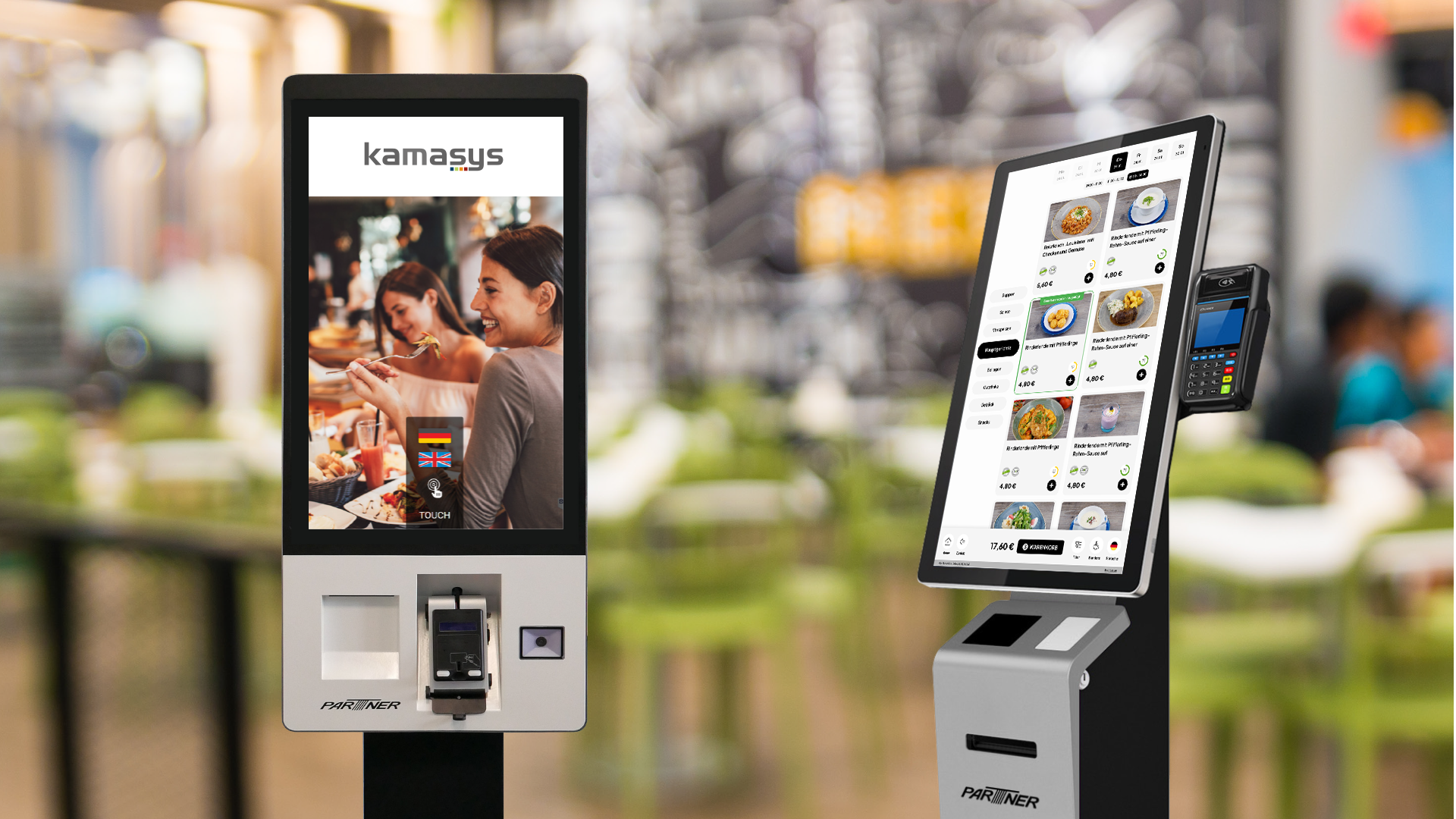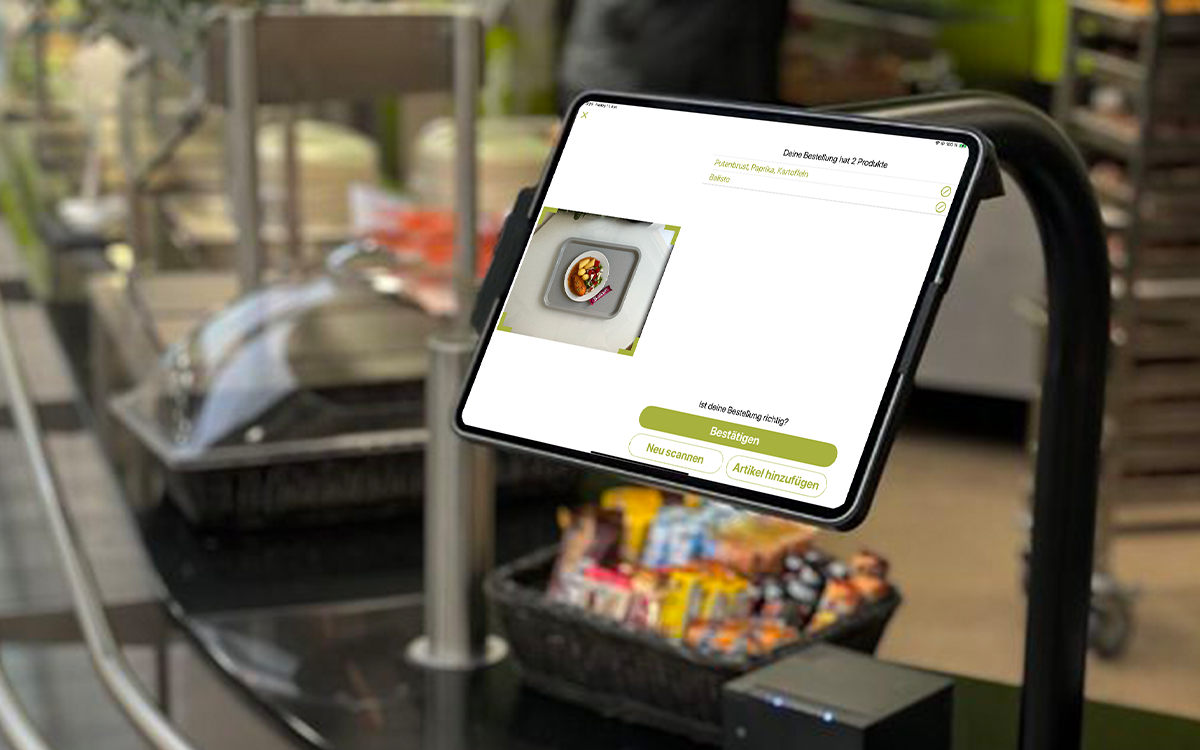Since January 1 of this year, reusable packaging has been mandatory in Germany: catering establishments are obliged to offer reusable packaging as an alternative in the take-away sector. Smaller establishments with fewer than 5 employees or a store area of less than 80 square meters are exempt. The background to this is the steadily increasing amount of packaging waste in Germany: in 2020, a total of 18.8 million metric tons were generated - this corresponds to a per capita quantity of 225.8 kilograms per year!
From this point of view, the introduction of mandatory reuse makes sense and is necessary. "It is positive that the regulations have generally led to the large system caterers and mass caterers in particular introducing an alternative reusable solution for the most part," says Relevo Managing Director Aaron Sperl, taking stock of the situation. Particularly in the catering segment, there has been very good acceptance among restaurateurs and end users. In other catering segments, communication with consumers plays a key role: according to Aaron Sperl, establishments that actively communicate reusability also record higher numbers of lendings.
Clear criticism from Deutsche Umwelthilfe (DUH)
After half a year, the German Environmental Aid (DUH) also draws a first balance and comes to the conclusion of a "catastrophic implementation." The assessment is based on a test of 27 catering chains: In almost two-thirds of the tested stores, violations of the reusable offer obligation were found - legal action will follow!
Barbara Metz, DUH national director: "This is not a matter of individual slips, but of a clear tendency to boycott reusables outright. Even when reusable is offered, the offer is often incomplete or poorly made with, for example, significantly excessive deposit amounts."
Aaron Sperl can also confirm the deficits in the implementation of mandatory reuse in individual restaurants. He says that although the law has led to an increase, various establishments are circumventing the reusable obligation by using disposable organic packaging. Organic packaging is more environmentally friendly than plastic packaging, but it still generates waste. In addition, many establishments that have a very high take-away share (e.g. Ghostkitchens with only delivery/to-go) would be unaffected by the exceptions to the establishment size.
Another problem after half a year of mandatory reuse: communication to the guest. In none of the stores tested by DUH was the staff actively informed about the possibility of reusable packaging. Yet it is precisely this communication that would lead to greater acceptance and higher lending figures.
Communal catering has the edge in reusable containers
Compared to individual catering businesses, the obligation to offer is observed to a much greater extent in company restaurants. This is due to the structure: communal catering operates like a "closed system" with many frequently returning regular customers. Aaron Sperl has also noticed something else that is encouraging: "In our experience, the communal catering sector in particular actively tries to make its guests aware of the reusable solutions that have been introduced. As a result, disposables are often no longer needed." This is due to the fact that the decision-makers in the catering industry are pushing reusable solutions much more strongly, whereas in individual and system catering, pure compliance with the regulations is more prevalent.
Back please: What is the advantage of closed-loop systems?
In addition to the classic deposit system, closed-loop systems have also become established for the return of reusable packaging. The advantage of the deposit system is that customers do not have to register and can borrow items more spontaneously. The main disadvantage is that the deposit pushes up the price to be paid. Particularly in the case of collective orders, this results in high costs at the outset.
Circular systems such as Relevo's offer an alternative: End customers register once and can use the reusable containers free of charge - a fee is only due when the maximum lending period is exceeded. Borrowing and returning is QR-controlled via an app.
"The advantages of the closed-loop system are measurably high return rates of 99% and a short return period of three days on average," Aron Sperl makes clear. In addition, there are no integration or operating costs for the catering businesses, such as deposit handling and clearing. In combination with proactive inventory and user management by the system providers, the partners save a lot of time, according to Sperl.
The pitfalls of mandatory reuse and possible alternatives
The DUH tests have shown that there are deficits in the implementation of and compliance with the obligation to offer reusable containers. In the absence of controls, many restaurateurs also see no reason to fully implement the regulation - from this point of view, it should be questioned how sensible a regulation is that is apparently not tested. In addition, there are exceptions (operating area/number of employees) that unsettle restaurateurs, who therefore do not take action for the time being and wait and see. Or else: the obligation to offer is circumvented by switching to organic disposables. Organic is a first step, but it does not solve the problem of disposable waste.
An alternative would be the Tübingen model: a separate packaging tax on disposable to-go packaging. Aaron Sperl also sees a separate tax or a subsidy as a way of increasing the use of reusable packaging: "The tax or subsidy should also be designed in such a way that spending money on reusable packaging also has an actual advantage for the restaurateur - because by actively communicating and placing reusable packaging with the guest, the restaurateur currently decides how much reusable packaging is actually used by the consumer at the POS or not."
A look at other countries is also worthwhile: in the Netherlands, for example, complex exemption regulations have been dispensed with.
Conclusion: Unsatisfactory implementation of the duty, although reusable is cheaper
Both the tests conducted by Deutsche Umwelthilfe and the experience of system provider Relevo show: Although the law that came into force at the beginning of the year is leading to an increase in sustainable reusable packaging, there is a lack of controls to ensure compliance across the board. Educational work is still needed here. Due to rising prices - even in the disposable sector - reusable packaging is now often the cheaper option for catering businesses. In addition, Relevo data shows that reusable partners are seeing an increase in retention rates, the distance between a guest's return visit. The introduction of a reusable system thus brings benefits on several levels - restaurateurs usually only recognize these after implementation.


